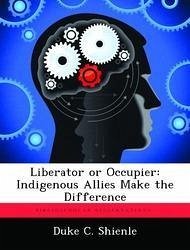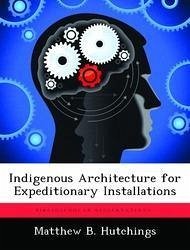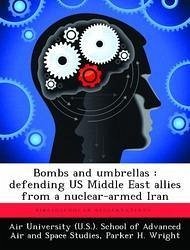Nicht lieferbar

Liberator or Occupier: Indigenous Allies Make the Difference
Versandkostenfrei!
Nicht lieferbar
This monograph examines the potential roles of indigenous forces in the transition period from decisive combat through post conflict reconstruction. More specifically, should Unconventional Warfare doctrine assess, train and develop suitable resistance forces for a post conflict security role. Minimizing US ground presence in future conflicts asks the question, what missions are indigenous resistance forces suitable for? Within the Contemporary Operating Environment, resistance forces can bring unique skills, abilities and legitimacy to post conflict operations. In this current era of US milit...
This monograph examines the potential roles of indigenous forces in the transition period from decisive combat through post conflict reconstruction. More specifically, should Unconventional Warfare doctrine assess, train and develop suitable resistance forces for a post conflict security role. Minimizing US ground presence in future conflicts asks the question, what missions are indigenous resistance forces suitable for? Within the Contemporary Operating Environment, resistance forces can bring unique skills, abilities and legitimacy to post conflict operations. In this current era of US military supremacy, asymmetric opponents will focus on post conflict to defeat US goals. The monograph will be evaluated in terms of three security related criteria: protection of populace, protection of key individuals, institutions, and infrastructure, and reform of local security institutions. A review of the Contemporary Operating Environment and its impact on Unconventional Warfare Doctrine establishes a baseline for developing criteria, assessing an Operation Provide Comfort case study and delineating potential critical tasks and events. Unconventional Warfare doctrine focuses on Guerilla Warfare followed by demobilization of the resistance force. Changes in modern warfare suggest a larger role for indigenous forces across the range of military operations. The case study explores how Special Forces trained Kurdish resistance forces in stability operations using the collateral activity of Humanitarian Assistance. Operation Provide Comfort both strengthened the legitimacy of the Kurdish forces and facilitated combined combat operations during Operation Iraqi Freedom. Advising resistance leadership also provides a venue to assess the resistance group 's suitability for security operations, shape the leader 's strategic goals and build long-term bonds. Special Forces maintain the ability to train both combat and stability operations based on their expertise in and the commonality








